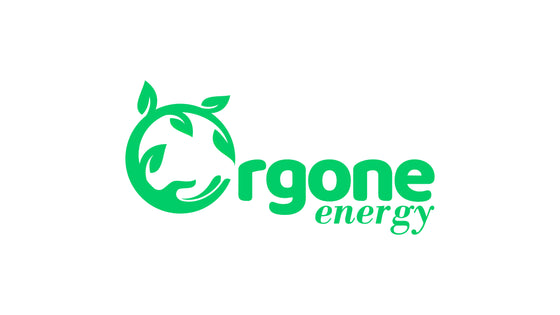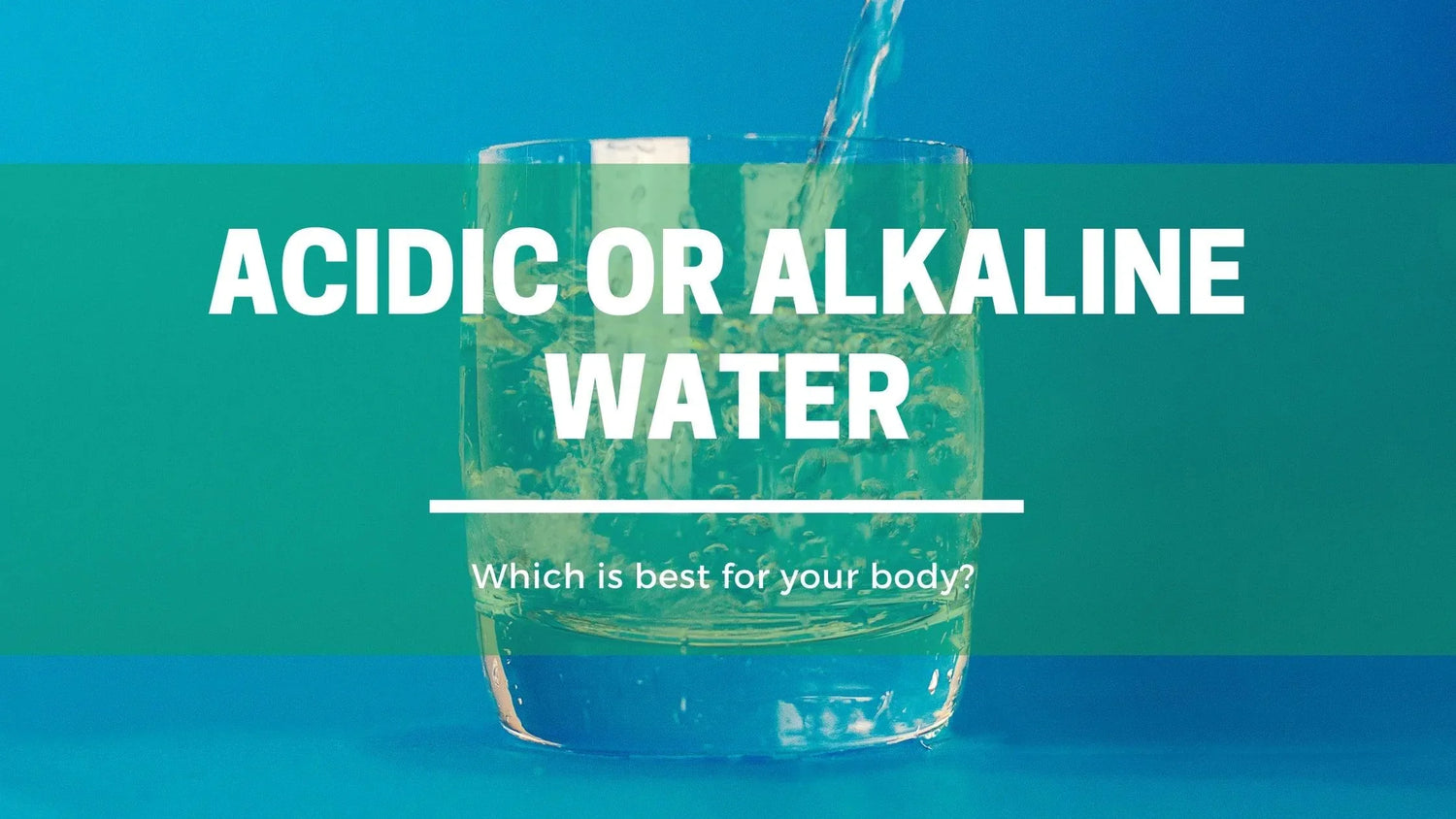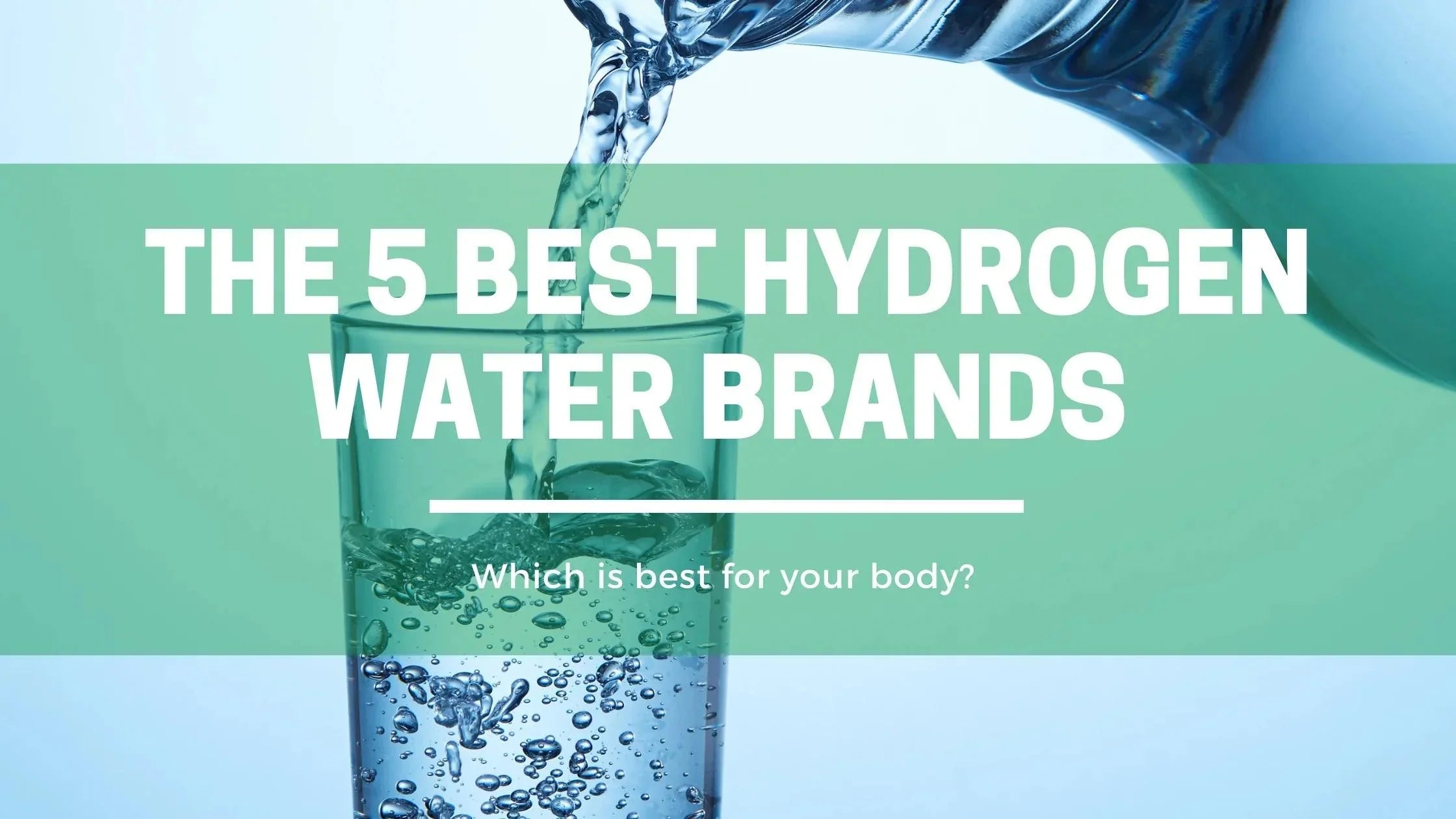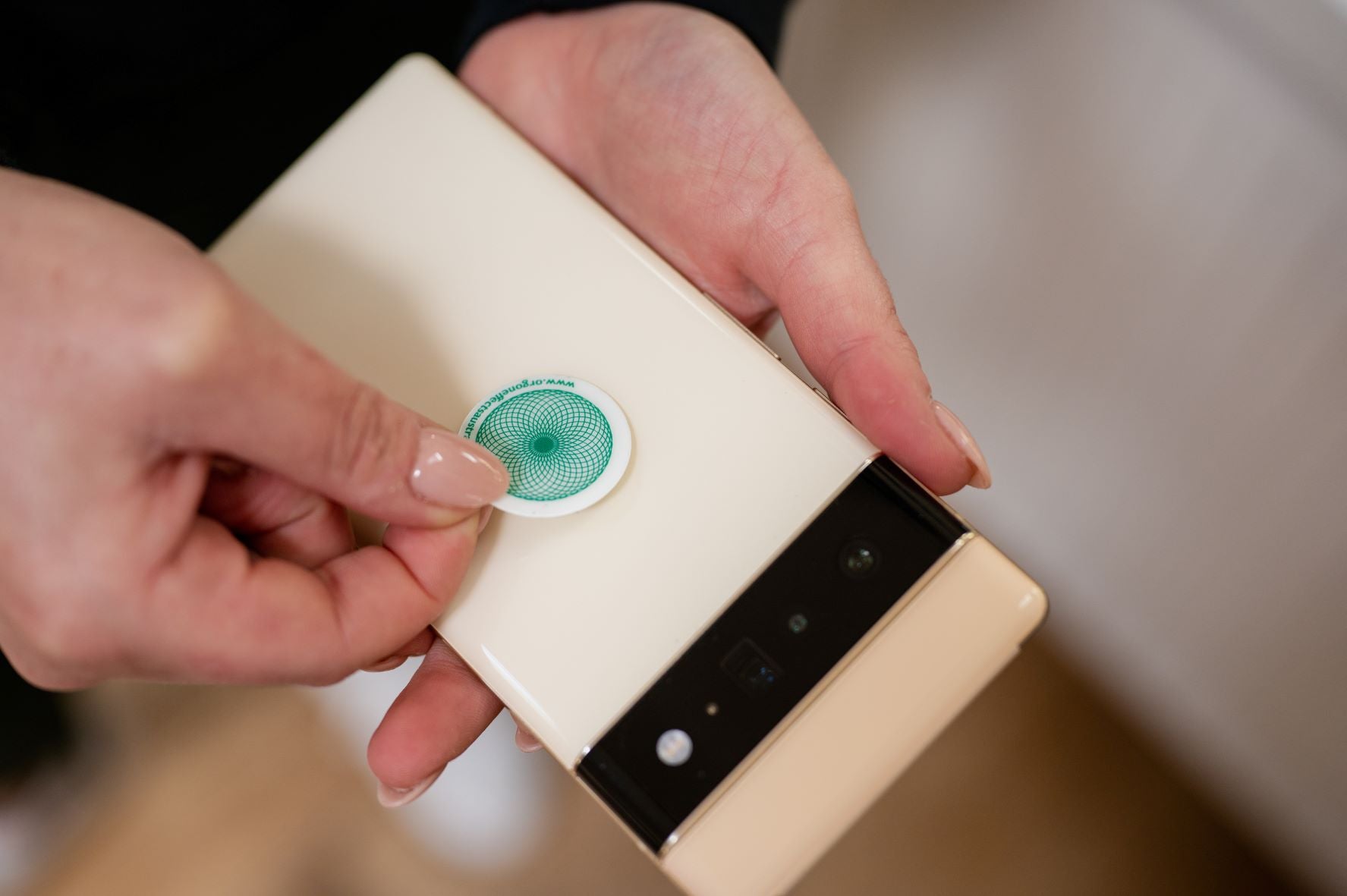People in areas with poor quality water are often forced to drink bottled water. However, this type of water can often be a lower quality with offensive odors. Fortunately, there is a healthy alternative option!
In many areas of the world, the quality, taste, and flavor of tap water are not up to a healthy standard. Often people think they have no option other than to switch to bottled water.
Bottled water brands guarantee the purity, freshness, and mineral value of the water, and therefore people tend to use bottled water regularly. However, many brands of bottled water offer lower quality water with a very offensive odor and other quality issues. Here is a pH chart of various bottled water brands for your reference.
|
Brand |
pH |
|
Dasani |
4.5 |
|
Le Bleu |
5.0 |
|
Deer Park |
5.5 |
|
Aquafina |
5.5-7 |
|
S. Pellegrino |
5.6 |
|
Kroger |
7.0 |
|
LIFEWTR |
6.4-7.4 |
|
Smart Water |
7.2 |
|
Voss |
7.3 |
|
Nestle Pure Life |
7.3 |
|
The Mountain Valley |
7.3-7.8 |
|
Evian |
7.4 |
|
Core Hydration |
7.4 |
|
Simple Truth |
7.6 |
|
Fiji |
7.7 |
|
Eternal |
7.8-8.2 |
|
Acqua Panna |
8.0 |
|
Just Water |
8.0 |
|
Icelandic Glacial |
8.4 |
|
Springtime |
8.6-8.8 |
|
Essentia |
9.5 |
What is the Best pH Water to Drink?

The United States Environmental Protection Agency (EPA) recommends that the pH of water sources be between 6.5 and 8.5 on a scale of 0 to 14. The best pH water to drink is exactly in the middle of a 7.
Water with a pH value outside of this recommendation can be a sign that the water contains heavy, chemical, or toxic metals because of the higher pH value.
The level of acidity in the body can be due to several factors, including the water you consume.
An unbalanced diet, the environment, and stress can lead to increased acidity, which can put additional strain on your internal organs. Too much acid in the body has been linked to decreased bone density and can make heart or liver problems worse. Acidosis can develop in extreme cases which can relieve health problems such as fatigue, headaches, fast heart rate, and shortness of breath.
Water that has been labeled as high in acidity has likely not gone through proper filtration measures and still contains contaminants such as chemicals and pesticides that pose a health risk and make it unsuitable for use. This can also be because of water systems and outdated pipes that are corroded or made of older materials such as copper and lead. Regular water with a high acid content, falling below 7 on the pH scale, also probably doesn’t taste and smell as clean as ready-to-drink water.
Is Alkaline Water Safe?
At the other end of the scale is alkaline water with a pH of 8 or higher. For many people testing this pH of drinking water, the health effects have been beneficial.
For example, a 2012 study demonstrated that drinking naturally carbonated artesian-well alkaline water with a pH of 8.8 may help deactivate pepsin, the main enzyme that causes acid reflux.
In addition, one study indicated drinking alkaline ionized water may have benefits for people with diabetes, high blood pressue, and high cholesterol.
However, the Mayo Clinic says there should be more research and information to back up these claims and determine what alkaline water will be used for in the long run. So, with this information in mind, it’s important to make sure that the water we drink is at the correct pH, avoiding high alkalinity, or that it is purified water.
What Brand of Bottled Water has the highest pH?

Essentia bottled water is high in pH with a pH value of 9.5. Unlike some bottled waters that have been treated with harsh chemicals, Essentia claims to purify its water using proprietary microfiltration and reverse osmosis process. Water goes through a three-step ionization process that purifies the water, adds traces of electrolytes, and then removes the bitter-tasting ions. The added electrolytes – calcium, magnesium, potassium, and bicarbonate - all contribute to its clean, smooth taste.
However, this does not change the devastating environmental impact of the bottled water industry. According to The Fresh Look Foundation, our landfills are filling up rapidy partly due to the addition of millions of tons of slowly decomposing plastic bottles to our landfills.
It takes hundreds of years for plastic water bottles to slowly break down. During this process, toxic chemicals are released which can cause groundwater contamination.
In essence, this process is causing the bottled water industry to poison the very resource upon which it relies.
What is the Average pH of Bottled Water?

The EPA considers pH to be a secondary standard for bottled water. Secondary standards are those guidelines that regulate contaminants that can have aesthetic or cosmetic effects on drinking water. This includes impurities that can affect the color, taste, or smell of your water. Although this secondary standard cannot be applied nationally, the EPA recommends that the pH of drinking water be between 6.5 and 8.5.
Bottled water with a high pH tends to be slippery. Sometimes it can have an unpleasant taste which has been described as the taste of baking soda.
High pH tap water is commonly known as hard water. However, this term isn’t used to describe bottled water. Generally, bottled water that has a high pH is often known as alkaline water.
Alkaline water proponents suggest the water improves your health. They believe alkaline water is more easily absorbed by your cells, resulting in faster hydration. It is also touted as a useful acid reflux remedy because it contains less acid than other waters.
Bottled water that has a low pH may be more of a concern. If your bottled water tastes bitter or metallic, it may be because of a low pH. A bottled water pH that falls below the safe pH range of 6.5 can indicate heavy metal or chemical contamination.
According to a study conducted by the National Resources Defense Council (NRDC) on the bottled water industry, it found that 22 percent of the bottled water tested contained contaminants. Knowing the pH value of the bottled water can help you ensure that the water you drink is good quality drinking water.
Most bottled water has a pH level that is within the recommended EPA range of 6.5 to 8.5. Each bottled water brand claims that the properties of its water make it the best water to drink. But does pH really play a role in your health? The human body generally maintains different pH levels in different places. It’s believed that the pH of the bottled water you consume does not affect the pH of your body. This is because the stomach’s hydrochloric acid neutralizes the water you drink before the bloodstream absorbs it.
What pH Says About the Quality of a Bottled Water
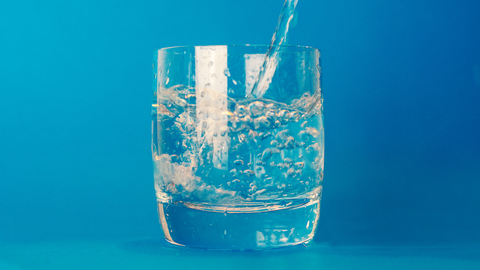
The pH of water varies in the United States. For instance, water from New York City is more likely to have a lower pH than water in the Nevada desert, which tends to have a high pH level. This means that the pH of your bottled water may depend on its origin. It could also be because of the way the water was treated before being bottled. Manufacturers use many filtering and processing methods to achieve the unique taste and composition of their bottled water.
Bottled water from a high pH source may require additional purification because the high pH reduces the effectiveness of the chlorine used to disinfect the water. Beyond that, the pH of bottled water can be affected by factors such as the bedrock composition of the water source, the presence of cleaning agents or chemical detergents in the water, and the way the water is treated prior to bottling.
Which Water Brand is Healthiest?
The EWG (Environment Working Group), an organization dedicated to protecting human health and the environment, has classified bottled water companies based on the transparency with which they disclose information about their water sources, access to water quality analysis reports, and water treatment methods.
According to the EWG, Nestle Pure Life Water, Gerber Pure Purified Water, and PENTA Ultra-Purified Water are the leaders in bottled water with the most transparent labels (or those that don’t hide any water quality information).
Just because you drink bottled water does not mean you are getting contamination-free water. In fact, some bottled water brands use municipal water sources, meaning the water comes straight from the tap.
It can be daunting to determine the source of bottled water unless stated on the label.
The EPA states that:
- well and artesian water comes from underground wells
- spring water is collected as it moves to the surface.
- mineral water is groundwater that contains certain amounts of minerals
- distilled water is the condensed steam from boiling water
Bottled water is often filtered to remove harmful amounts of microbes and contaminants. However, the Environmental Protection Agency notes that bottled water, like tap water, often contains at least small amounts of certain contaminants.
A Healthier Alternative to Bottled Water

Figuring out which bottled water is the best on the market can be a subjective task. The bottom line is that you should make an effort to avoid drinking highly purified city water with no critical minerals in favor of clean water sources high in natural minerals. Choosing the right brand of water can have a huge impact on your health. So make the right decision by identifying the pH, taste, purity, and other aspects of the water.
Read next: The Five Best Hydrogen Water Brands
Thanks to advancements in science and technology, we now know that consuming hydrogen-rich water is more beneficial than regular water. The extra hydrogen in the water acts as an antioxidant and reduces free radicals in the body. You can make hydrogen-rich water from the comfort of your home by using a hydrogen water maker or hydrogen water machine. The hydrogen water machine uses tap water and groundwater to produce hydrogen water. Water produced with the hydrogen water maker and hydrogen water machine is loaded with potent antioxidant ions, helps neutralize acids produced by metabolism, and actively emits free radicals.
